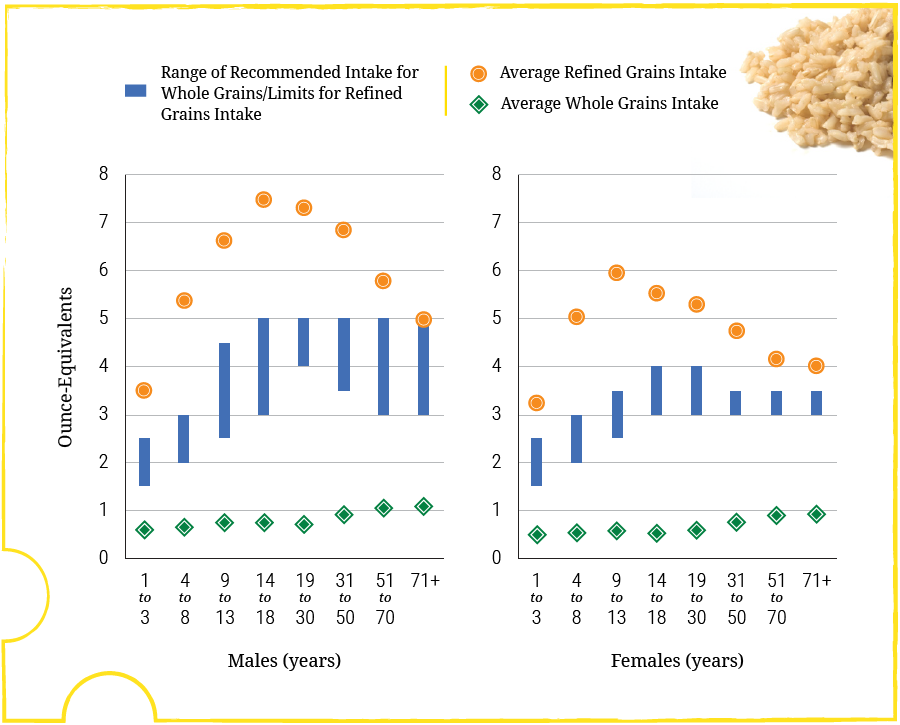We do know enough now to make eating choices that lower our risk of cancer. In fact, we know that for people with typical American diets, waiting for more information before making any changes is increasing their risk of cancer.
It’s true that research on diet to lower cancer risk is a hot area with many questions still to be answered. That’s why it’s important when making changes to make your decisions on guidelines based on the overall body of research. Trying to act on each new study that makes headlines can make you feel like you’ve got whiplash… not a wise approach.
This year’s AICR Research Conference featured the renowned Dr. Walter Willett of Harvard University presenting his view of what we know and don’t know on diet and cancer. Here’s my take, based on Dr. Willett’s presentation and others at the conference.

What we know
• About 1 in 3 of most common cancers in the U.S. is linked to nutrition and physical activity, according to AICR estimates. Dr. Willett noted that this estimate is still reasonable, noting that researchers now realize that much of this risk increase relates to overweight and inactivity.
• Foods rich in dietary fiber lower risk of colorectal cancer. That’s the third most common cancer in the U.S., so it’s a link worth acting on. As research moves ahead on how fiber-rich foods may influence healthy bacteria living in our gut, improving fiber intake may link to an even wider array of cancers. Currently, only 5% of Americans meet minimum fiber recommendations.

Dietary Guidelines for Americans, 2015.
• Alcohol does increase risk of breast and other cancers. Alcohol (whether in distilled liquor, beer or wine) is a carcinogen, and as it’s broken down in the body, it forms a compound called acetaldehyde, another human carcinogen.
In addition to DNA damage behind risk of some cancers, alcohol’s breast cancer link seems related to raising women’s levels of estrogen and other hormones and growth factors. Alcohol combined with tobacco dramatically raises risk of mouth and throat cancers as their carcinogens interact. Keeping alcohol to less than one or two drinks a day reduces risk, but does not completely remove it.
• Processed meats as risk for colorectal cancer is based on substantial research. Meats that are smoked, salted, cured or contain preservatives all fall in this category. While research evaluates whether certain forms may be less risky, the best step is to save all processed meats for very occasional use only.
What we don’t know
There are still many unanswered questions that were brought up at the conference, including:
- Why is the protection from vegetables and fruits not as clear today as in earlier studies? It could be because cancers are not all the same, and we may need to stop lumping all vegetables and fruits together.
- How does diet during childhood and adolescence influence adult risk of cancer? Emerging evidence suggests it does, given cancer’s long “latency” period. Diet may be promoting cancer or protecting against its development for years without any visible evidence.
Where that leaves us for now
We have plenty of unanswered questions; when those are answered, new ones will undoubtedly arise. However, these questions do not justify inaction. We know enough to make smart choices.
Keep the focus on overall eating patterns and evidence-based recommendations.
Give vegetables, fruits, whole grains and legumes the starring role in your daily eating. Don’t just add them to your current eating, however. The importance of a healthy weight means they need to replace less healthful foods, with portions that provide calories appropriate for your activity level.






Excellent reading and information. A breast cancer survivor I have changed my diet drastically!! I do need to excercise more .. and I am working on it! Thank you !
Diane